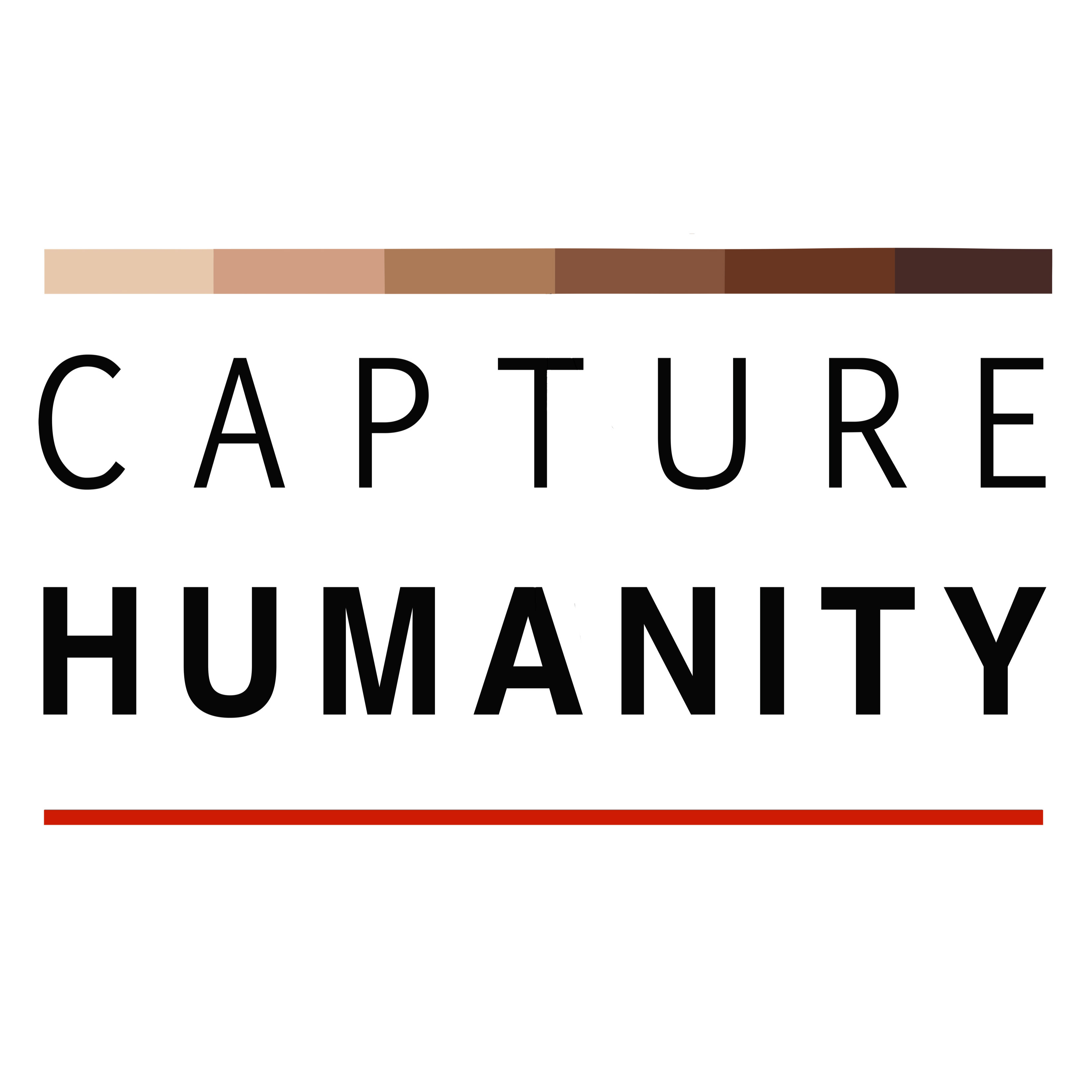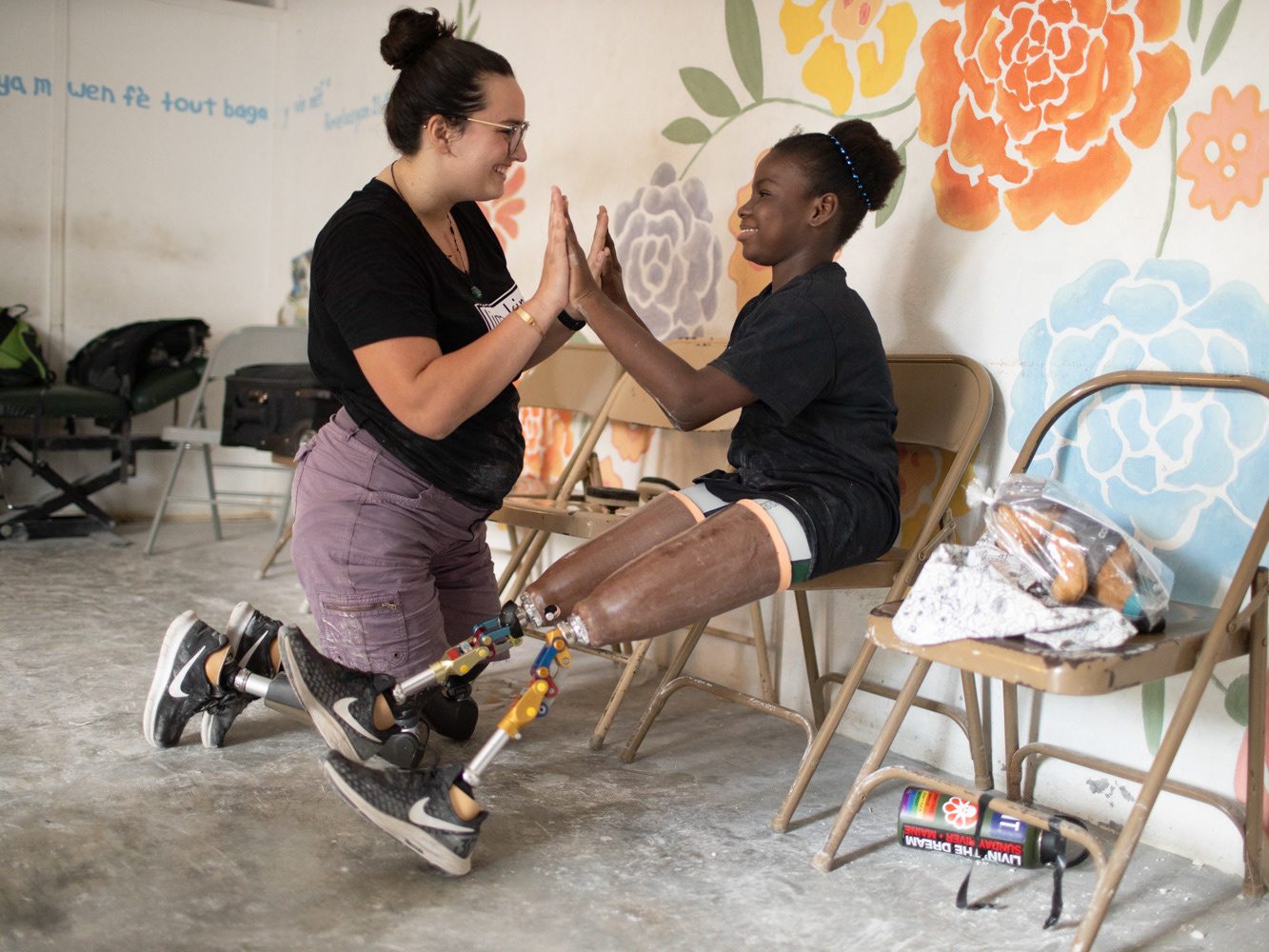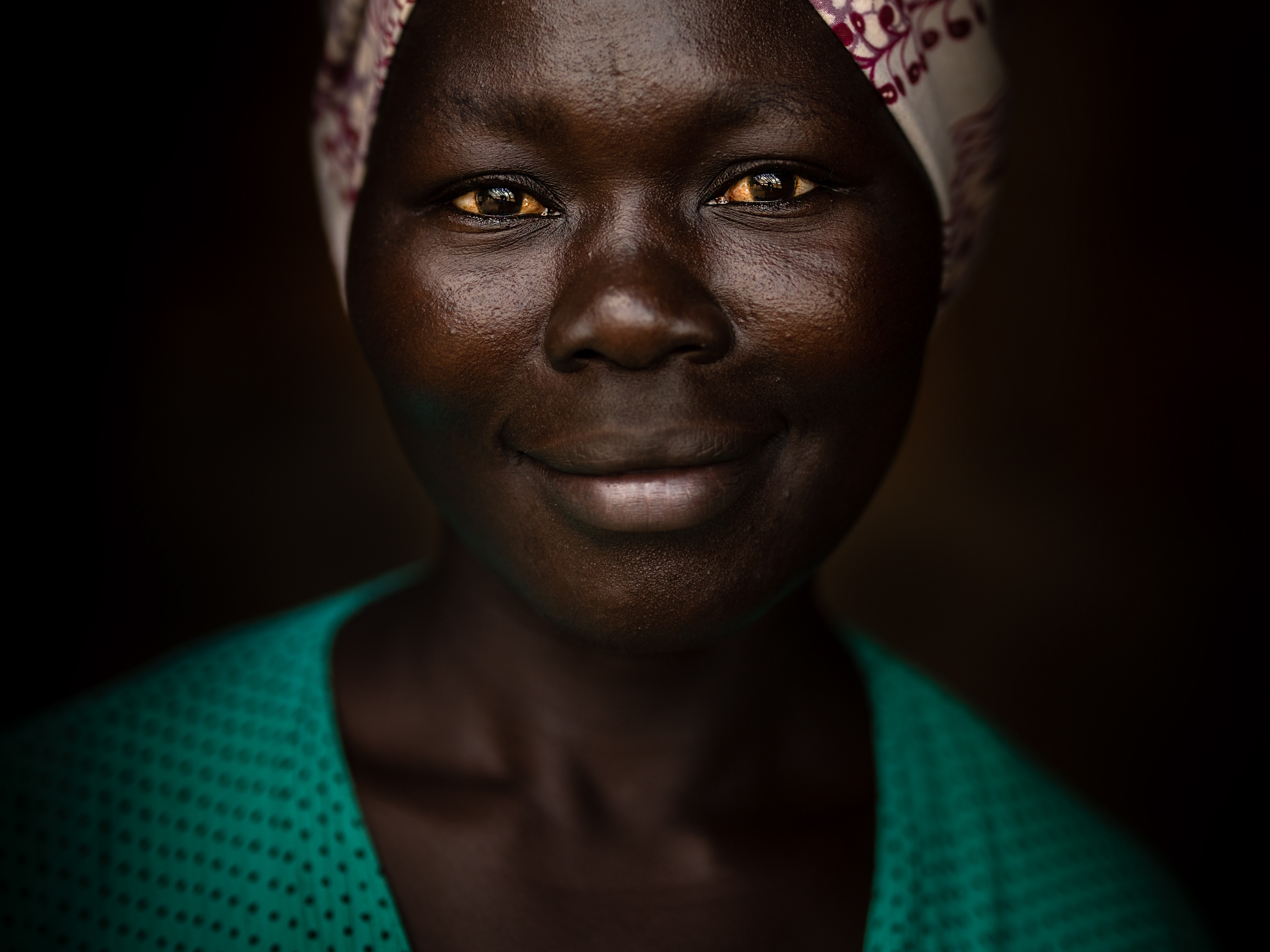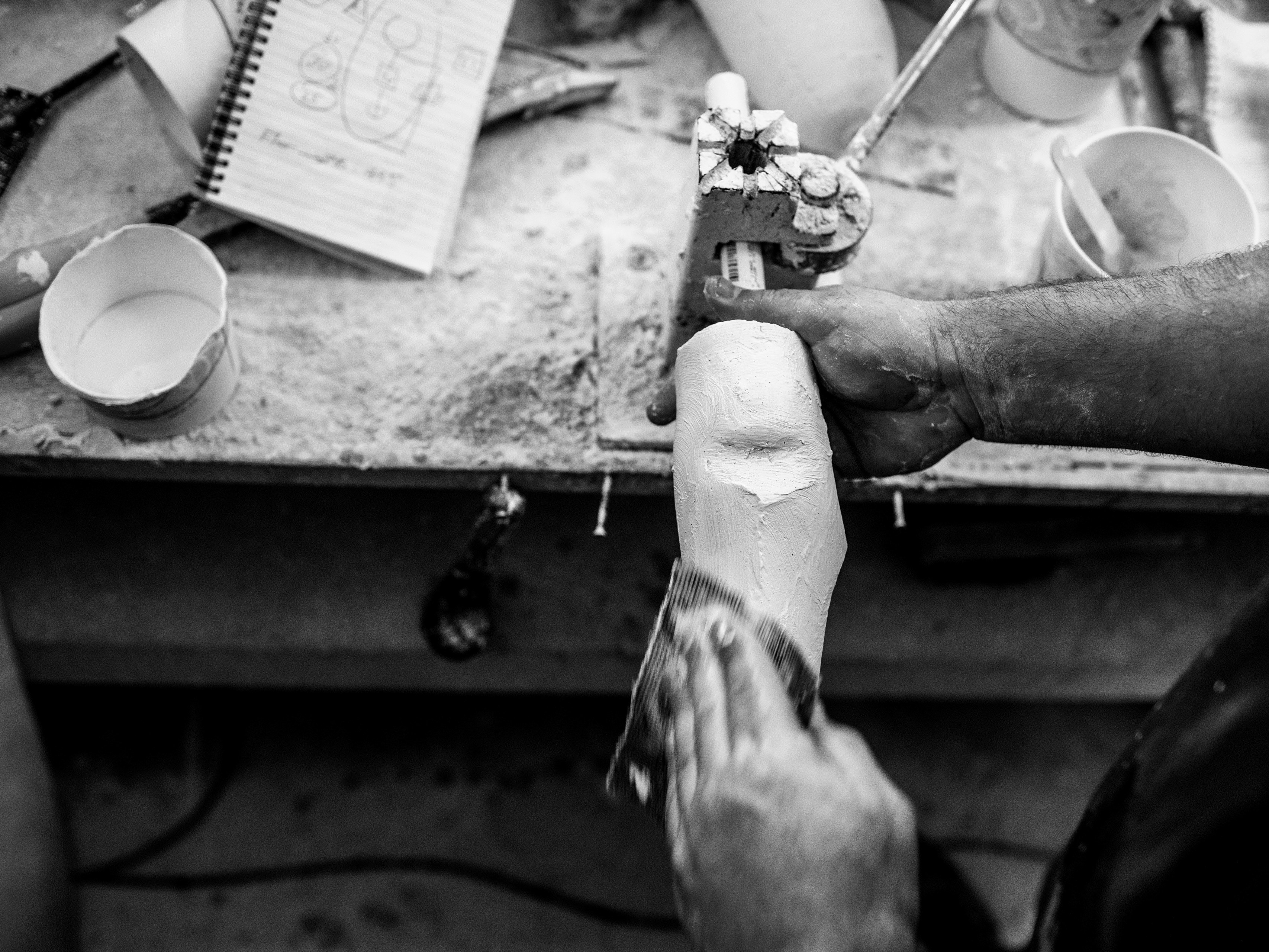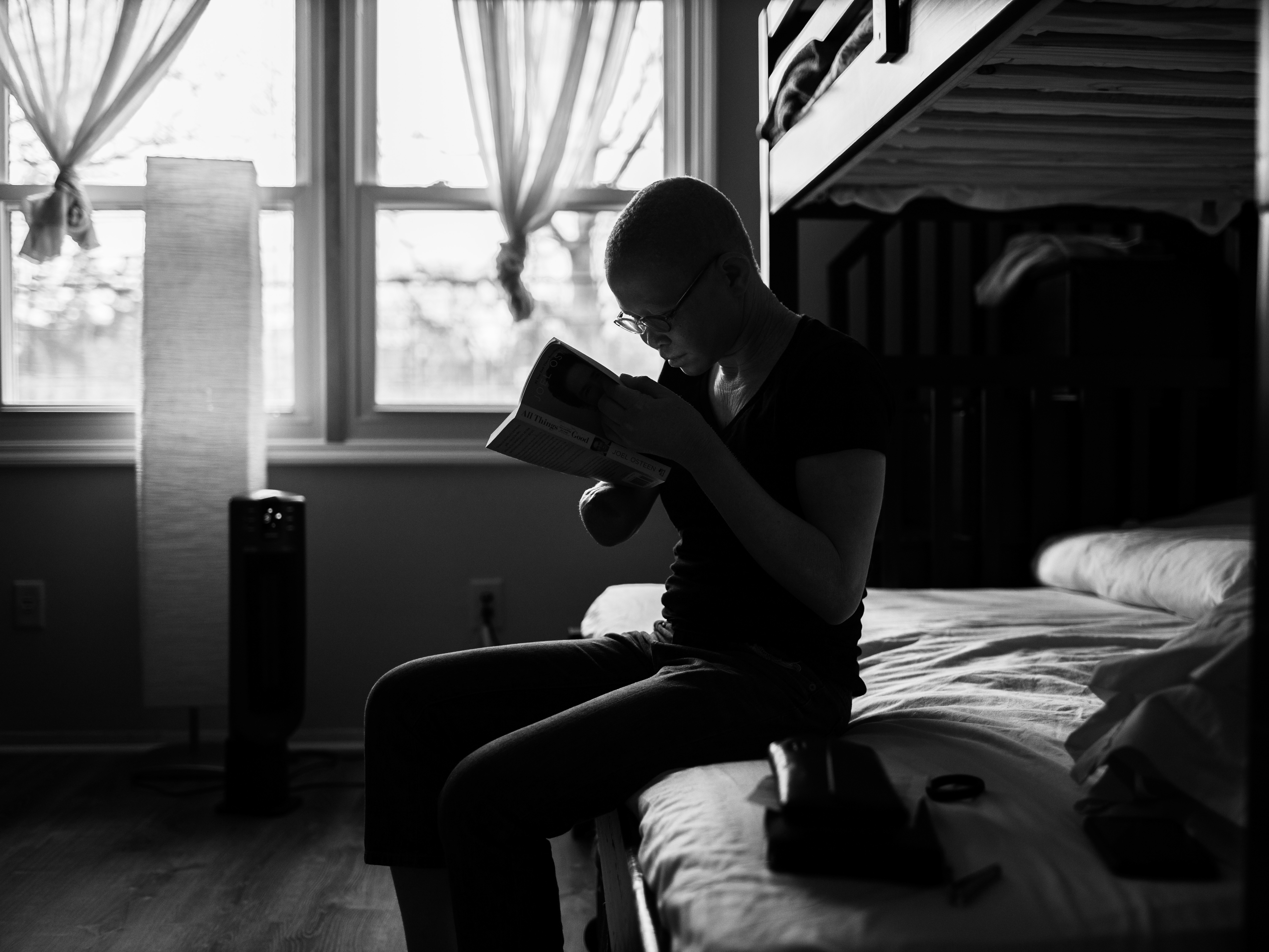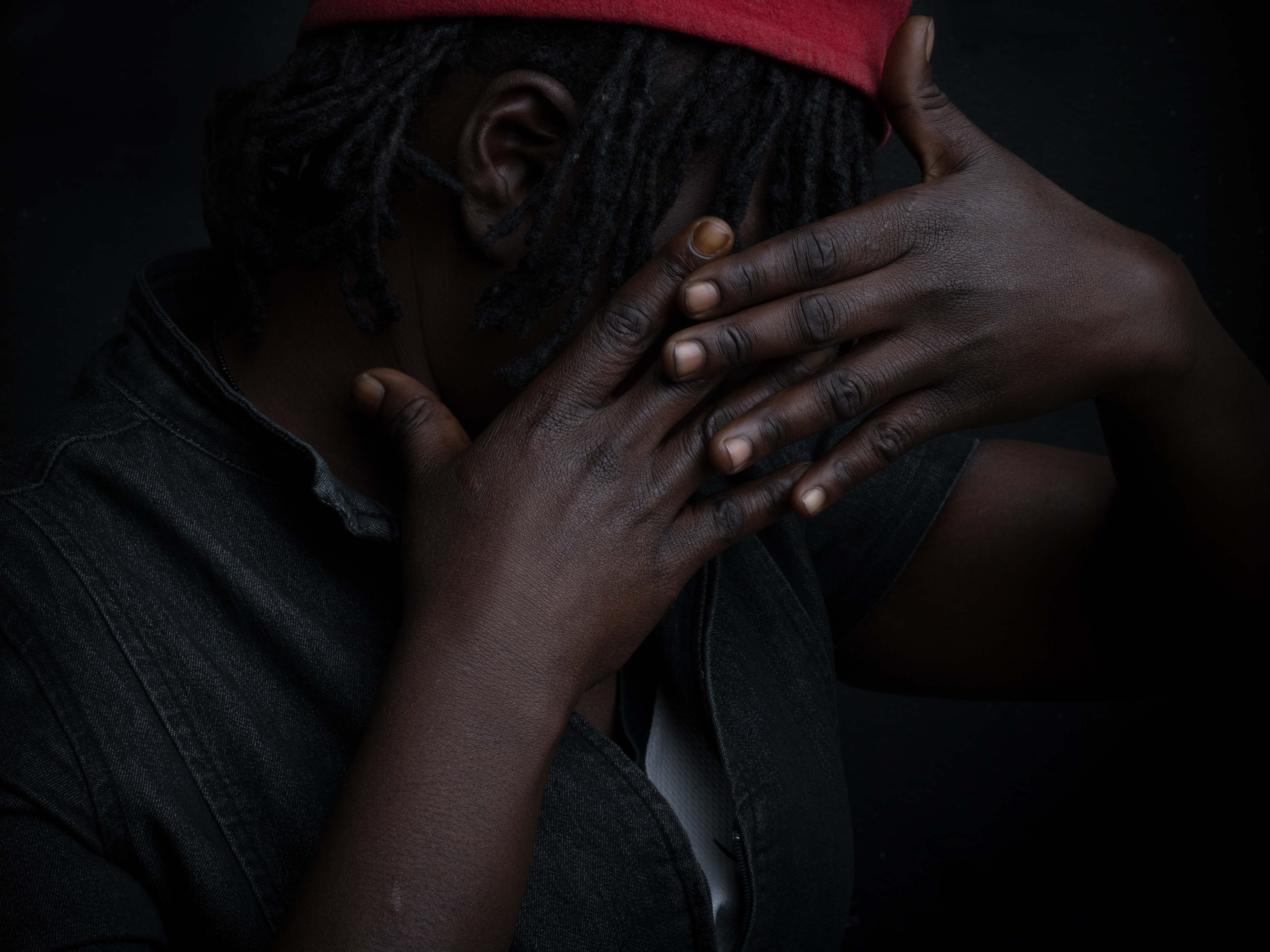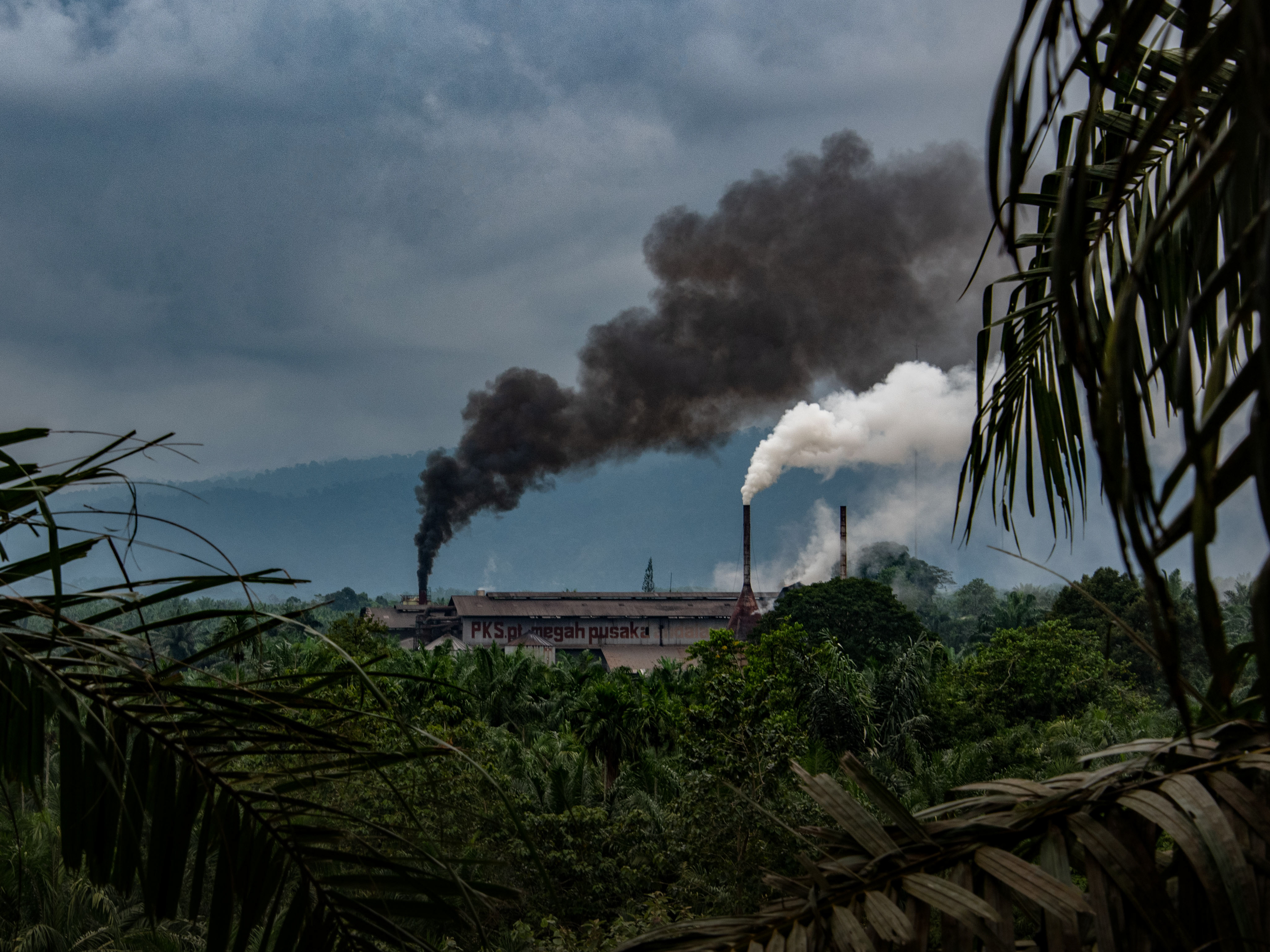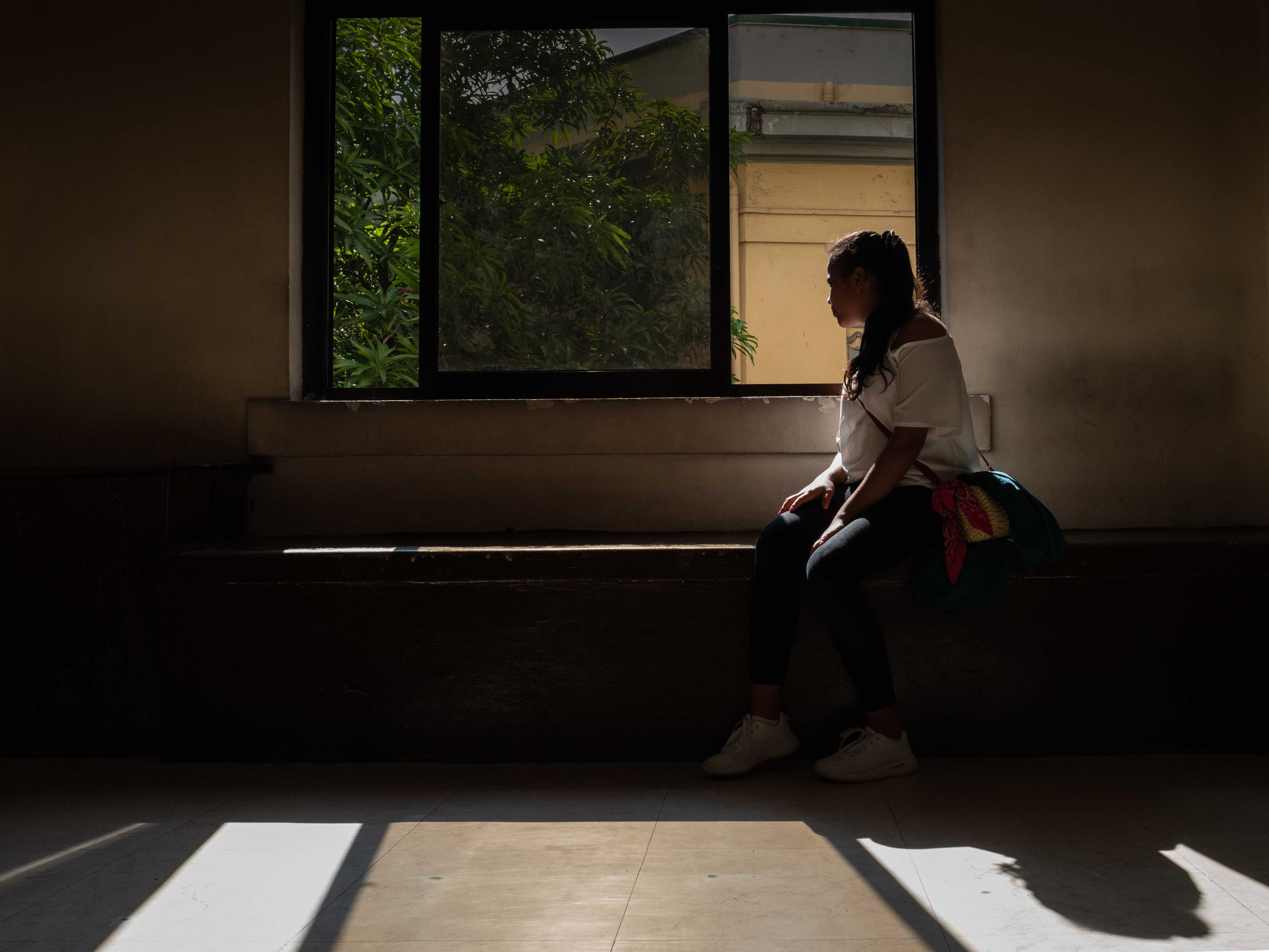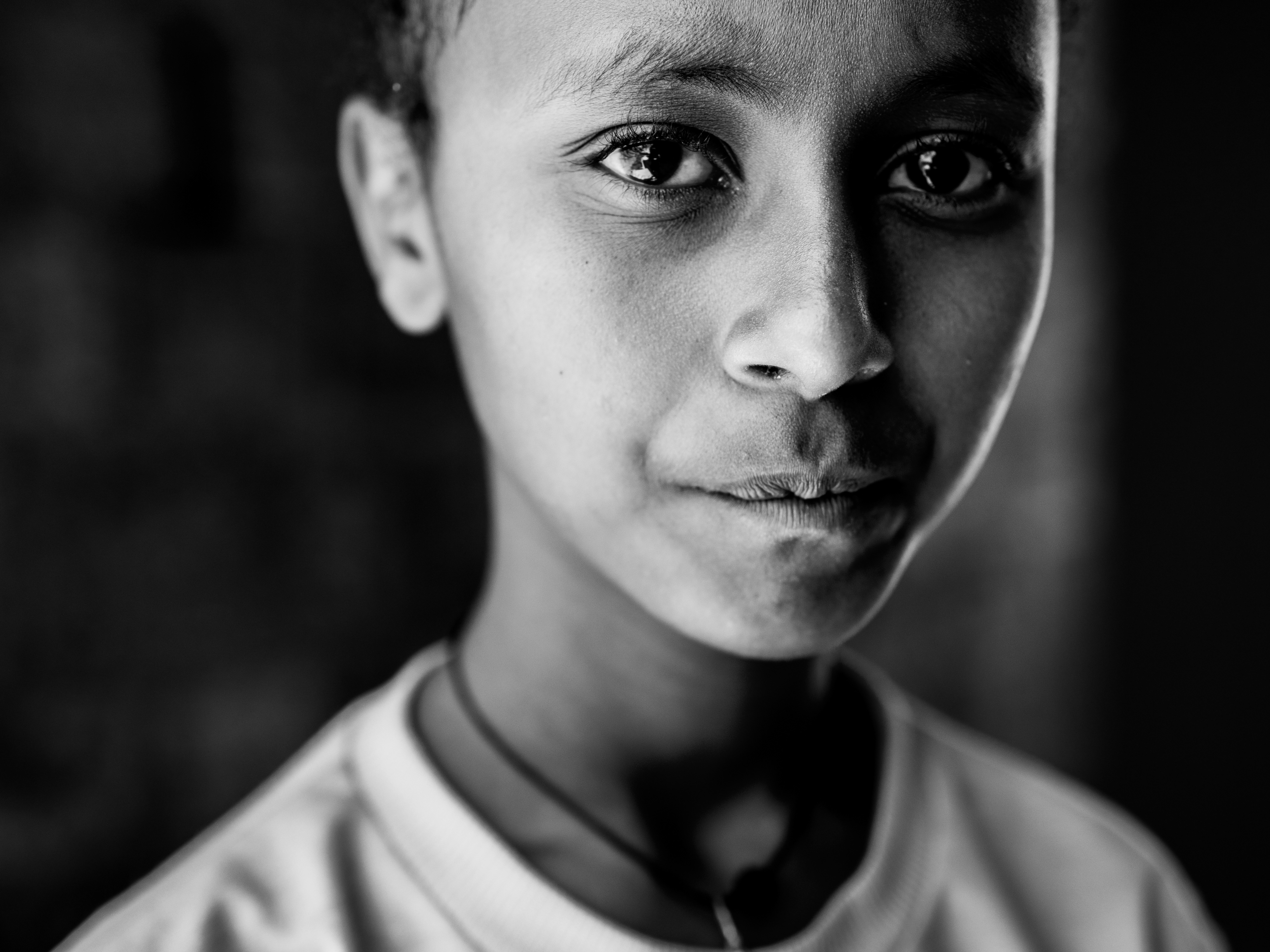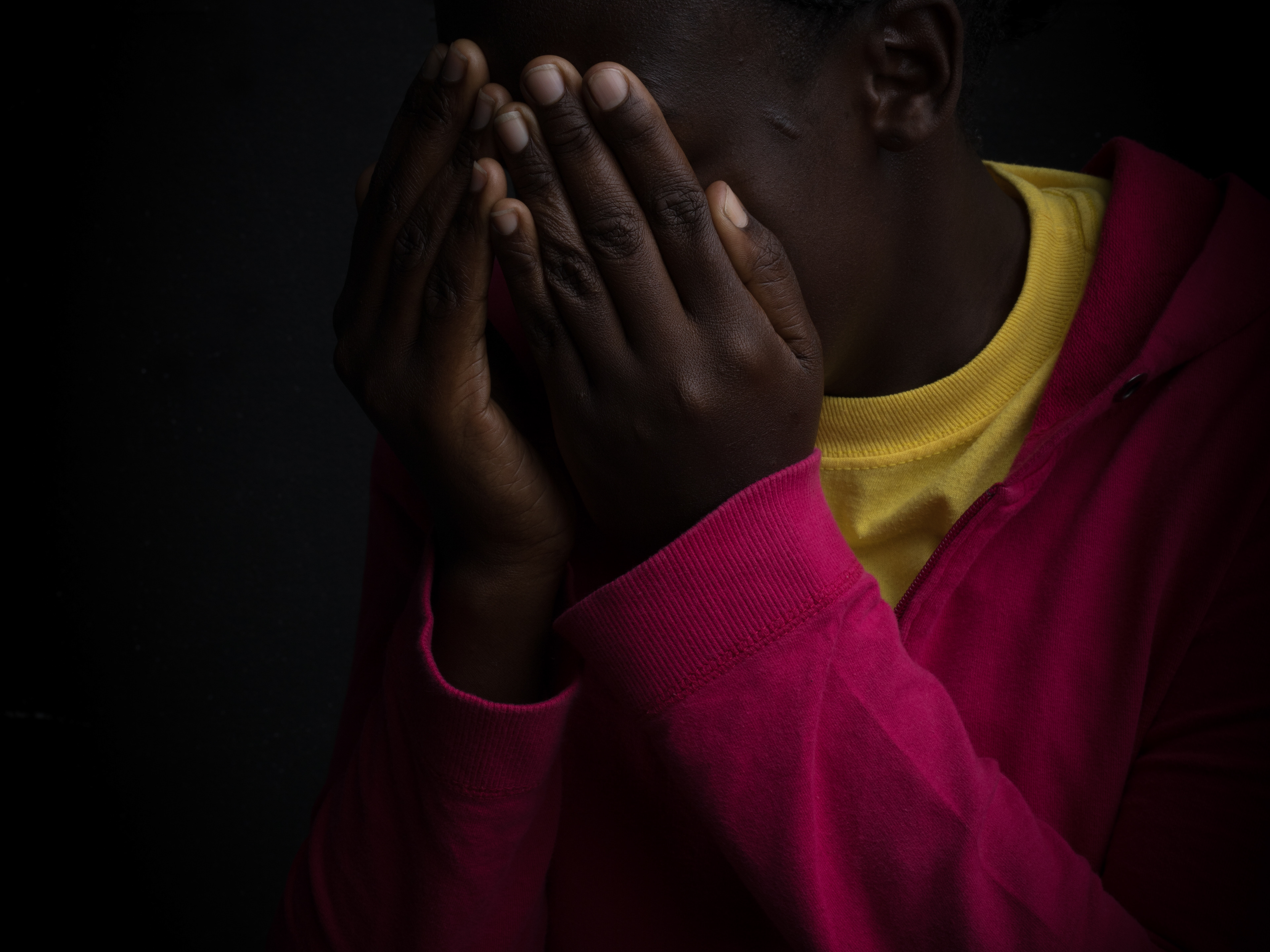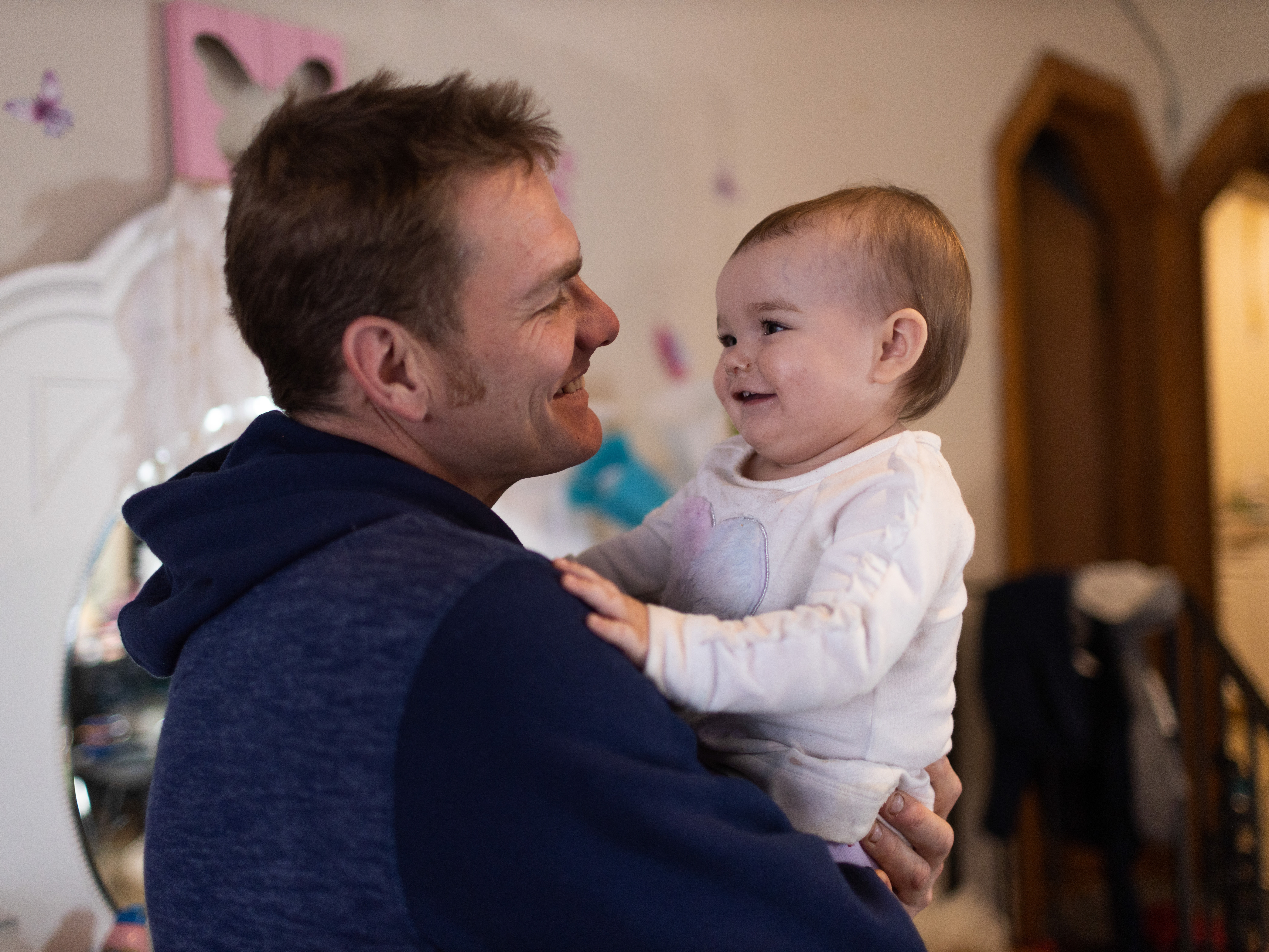In an effort to escape poverty, Filipino children are being lured into the cybersex trade and the consequences can be devastating for them. Cybersex dens live-stream child pornography exploiting children as young as 1 year. Cybersex dens are found in the country’s big cities, including Manila, Cebu, and Davao. Operators live-stream and record acts from small rooms equipped with laptops, webcams, and routers.
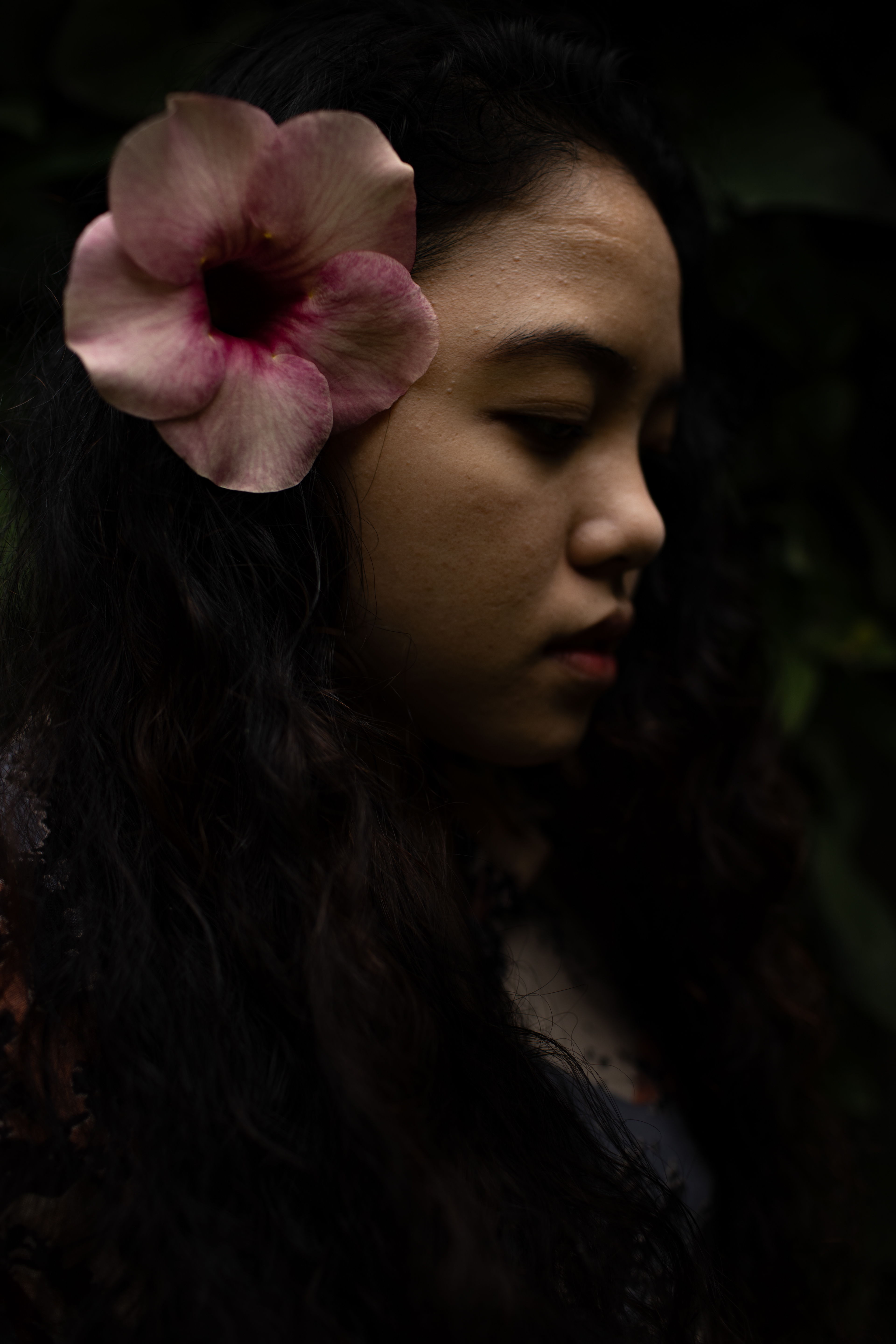
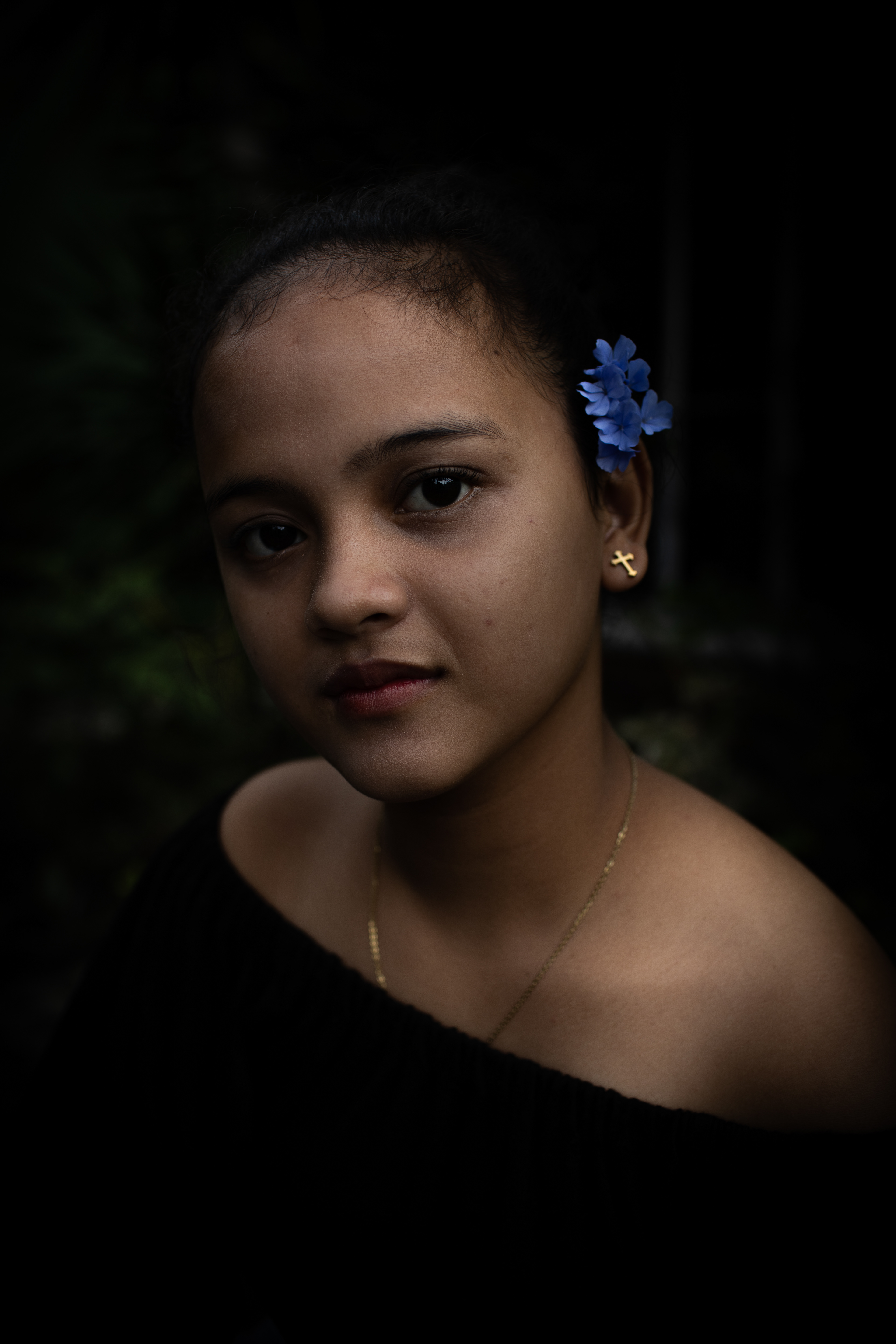
Across the country, online traffickers are now arrested and charged with non-bailable offenses such as human trafficking, along with cybercrime and producing child pornography, police are heavily focused on investigation operations,” says Roland Pacis, a Voice of the Free representative, during an airport seminar on human trafficking at the Ninoy Aquino International Airport on Sept. 25, 2019. Paris adds, the Philippines is a global hub for child pornography and buyers are both foreign and local. Voice of the Free (formerly known as Visayan Forum Foundation) (VF) is a non-governmental organization in the Philippines known for innovations in addressing modern-day slavery, especially human trafficking and the exploitation of domestic workers.
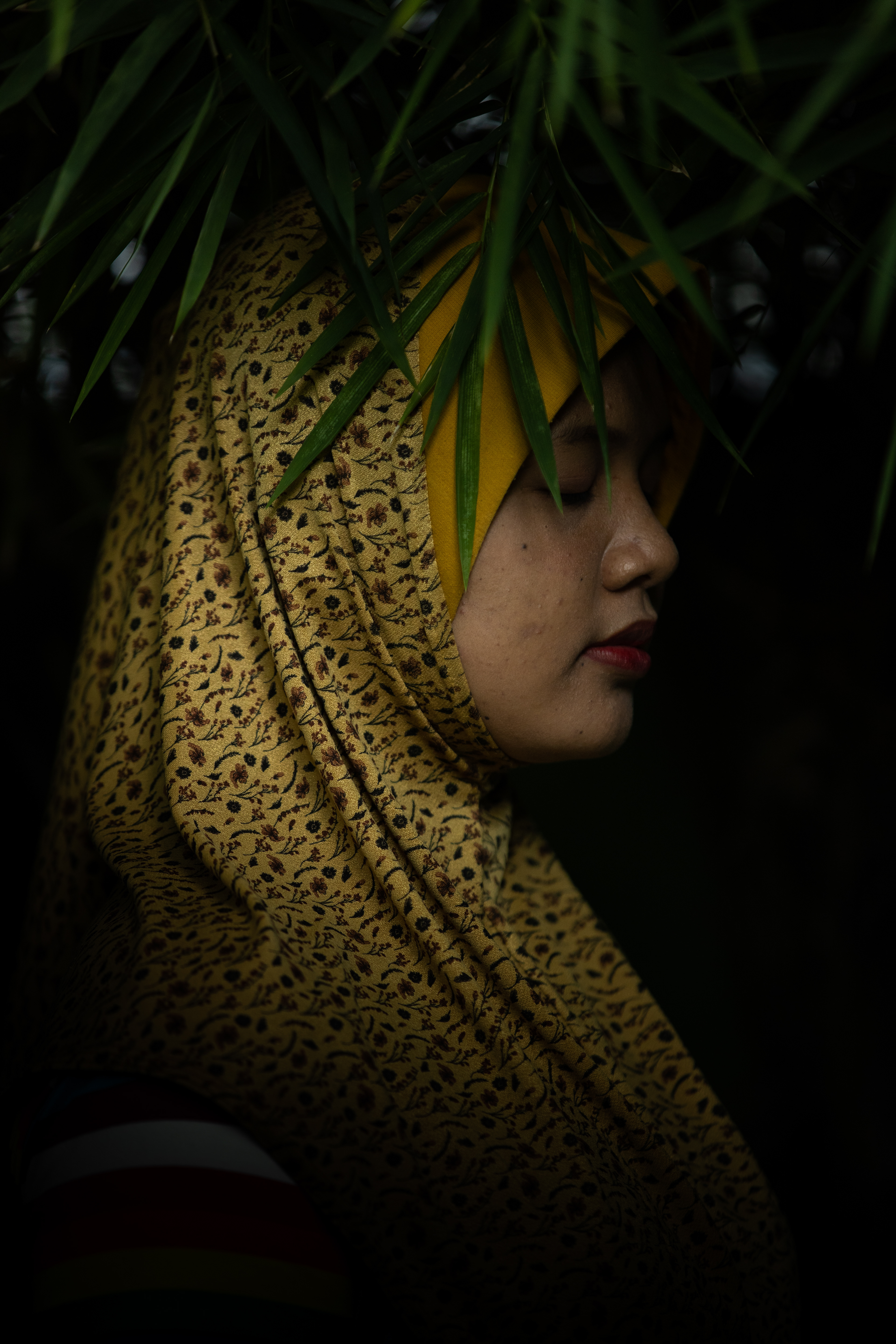
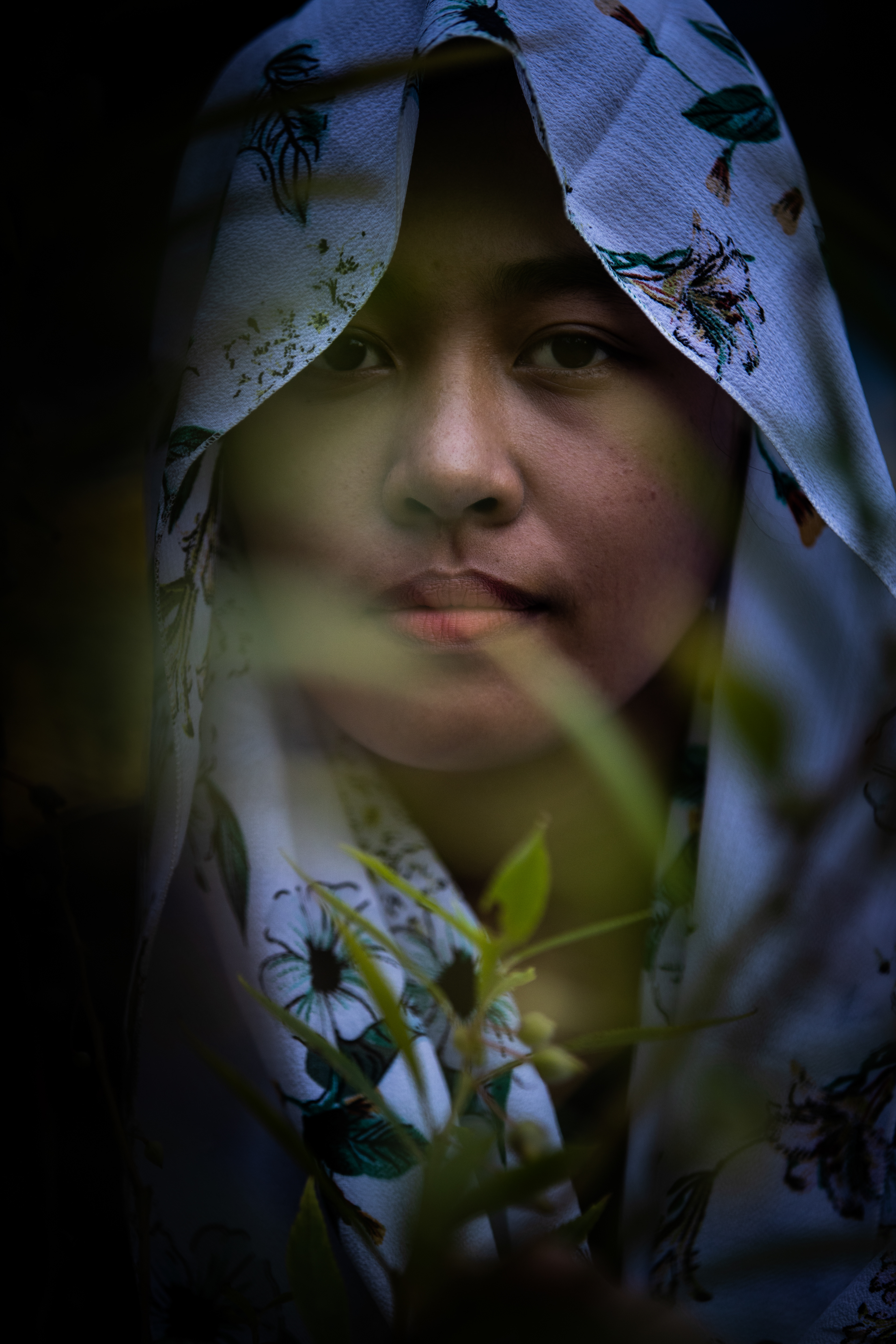
How does cybersex happen? Paris says access to the internet is made easy. Everyone has a device. The crime is fueled by addiction, repeated posting, sharing, downloading of nude pictures. The customers easily pay to view children acting in sexual behavior in live shows and can be done on devices that are unregistered.
In the sale of humans, perpetrators use all types of means to recruit victims to deceive victims to believe they will have a better life. Many cybersex trafficking victims are lured away from rural, mountain villages in the Philippines by someone who said he or she would give them a well-paid job in the city. Victims are made to think they are leaving their impoverished life for an opportunity to earn money. Instead, they became another victim caught up in the newest but no less sinister world of sexual exploitation- cybersex trafficking.
The portrait campaign “In Shadow” created by photographer Matilde Simas, was inspired by Voice of the Free and the work they tirelessly engage in on the ground with child survivors. In particular, the specific involvement of engaging the community in raising public awareness on this issue and collaborating with other organizations to stop this crime made Simas think about how her organization, Capture Humanity could use their collective voice to make a difference and help put a stop to it.
Voice of the Free and Capture Humanity work jointly in partnership on this campaign, Cecilia Flores-Oebanda Founder and President of Voice Of The Free has worked tirelessly for the rights of children in The Philippines for many years and this particular campaign is fundamental to both of our organizations' work. “We aspire to helping create an environment in The Philippines and elsewhere, where it is impossible to perpetrate commercial sexual exploitation of children”, says Flores-Oebanda.
The goal of the campaign is to bring together a mass movement of committed global citizens, and uniting a community of millions into a single voice, calling for change and amplifying the efforts of anti-slavery organizations. This campaign will make it easier to tell these stories and to seek justice for the victims. But it also tells the traffickers we see you, too. It tells the Buyers, the consumers of this product, we see you.
“If everyone is engaged in this campaign the world would be a better place where thousands of young girls and boys in the Philippines will have the added security and knowledge that the community they live in helps protect them from sexual predators. These children will no longer have to fear the threat of sexual exploitation but know that the authorities and community are all working together to stop those predators and protect them from harm”, adds Flores-Oebanda.
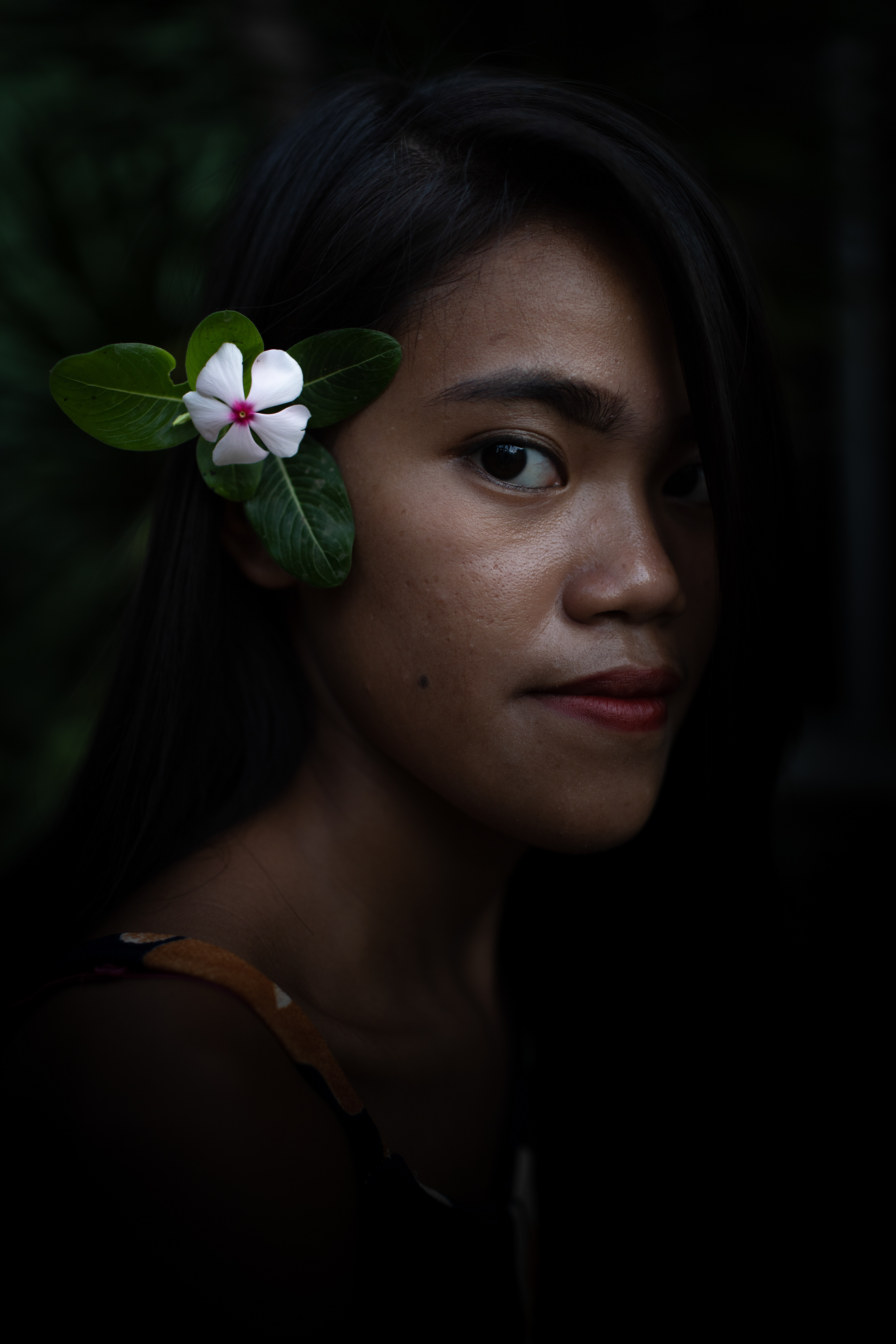
Capture Humanity chose to work with Voice of the Free, Philippines because they work closely with victims and have an urge to tell some of the most intimate stories about human trafficking through survivor testimonials. Our goal was to create compelling images about the people they are working with through showcasing not only this sensitive issue, but also the strong emotion each individual carries. My hope is that these materials will inspire potential discussion on the topic of cybersex trade and other forms human trafficking and therefore create positive changes, says Simas.
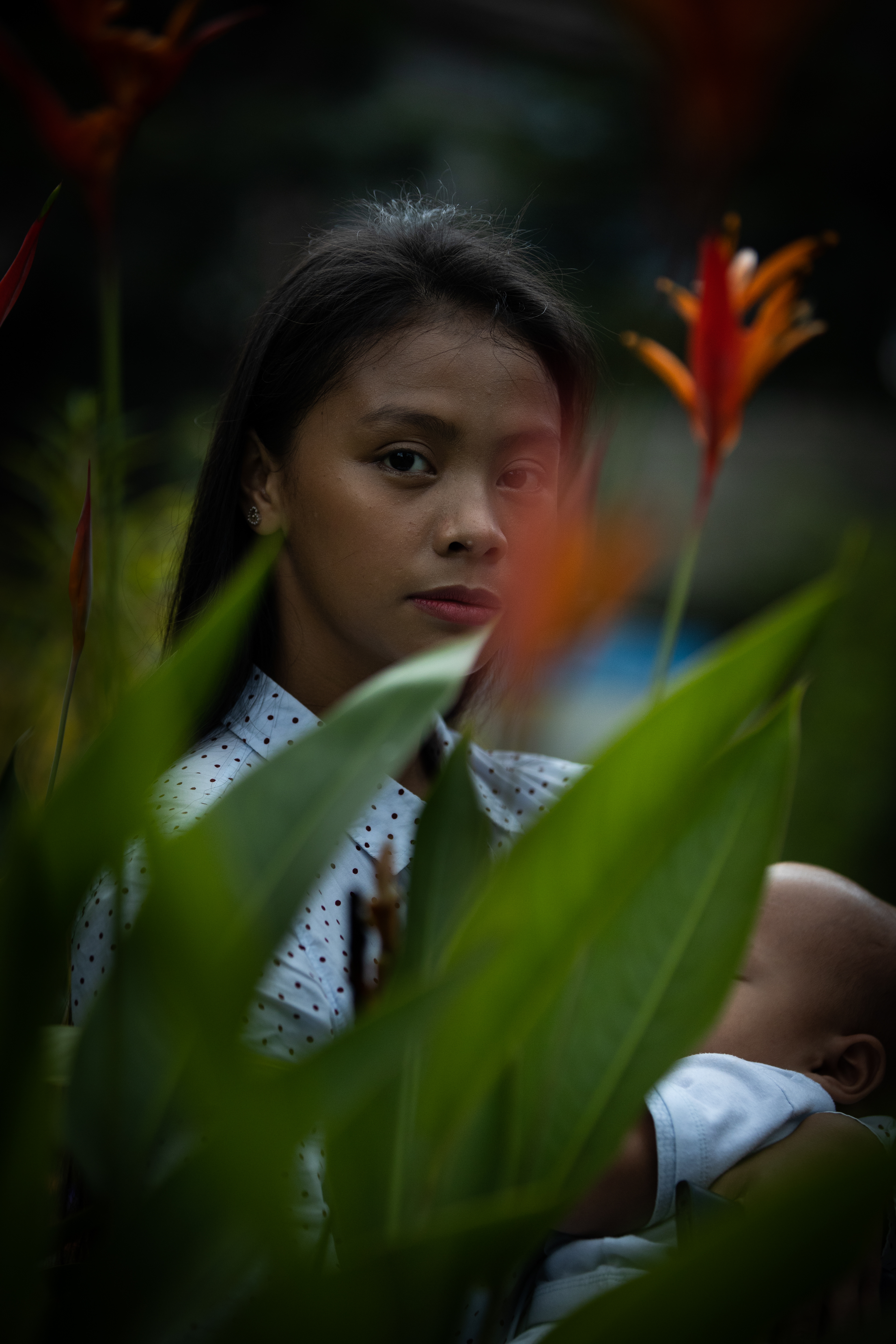
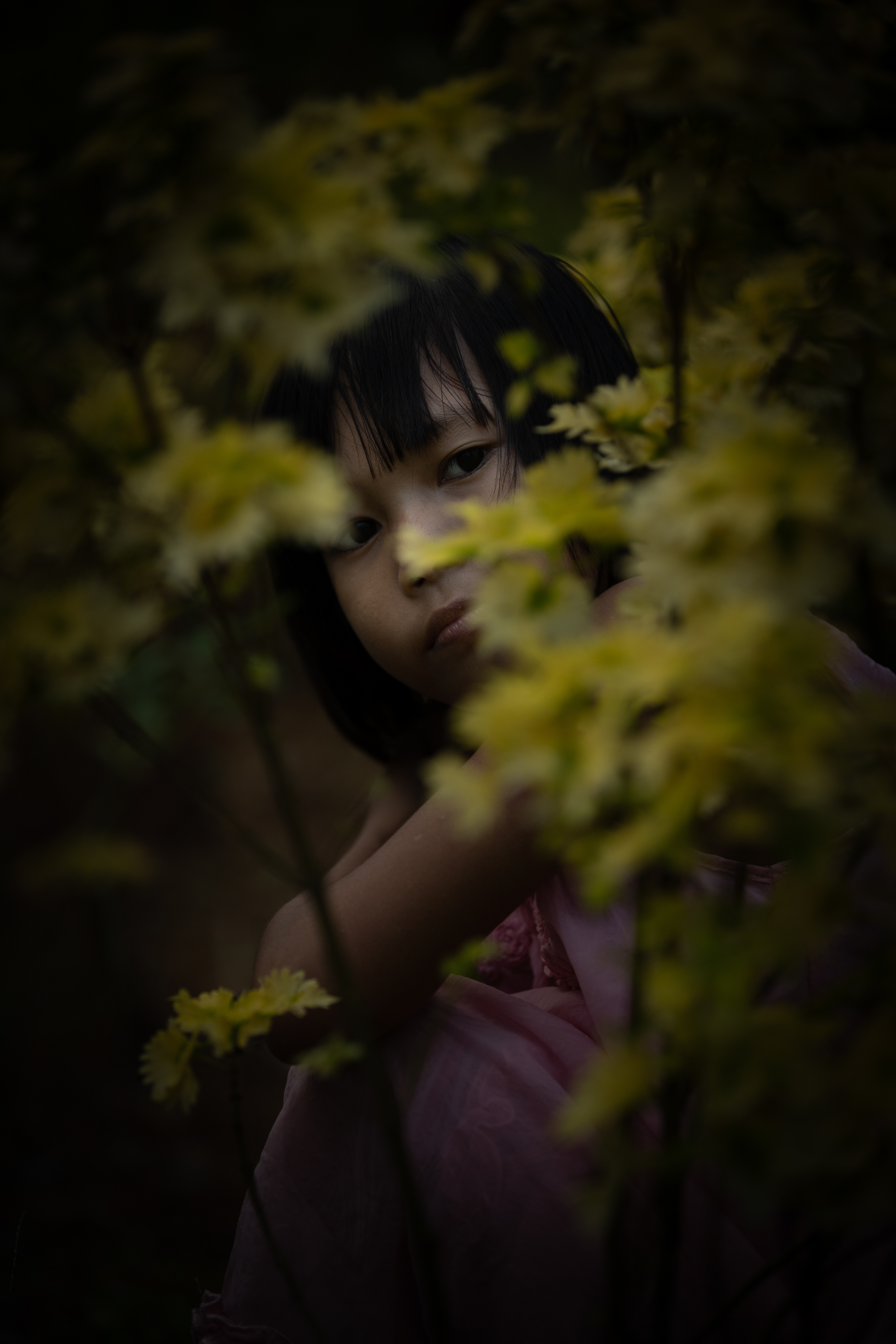
The response to the “In Shadow” Art project was overwhelmingly positive. What was amazing was that despite the terrible traumas survivors that participated have endured and fear of repercussions, many survivors did come forward and agreed to take part in this project. They explained that they don’t want to be forgotten. During the process the recurring theme was the girls want people to know what happened to them. Being able to tell their stories through testimonials and photographs perhaps helped them to come to term with their losses, explained Simas.
The goal in this body of work was to listen and give the survivors I’m trying to depict attention, not just because it provides insight into their daily struggles, but also because they need to feel acknowledged, in a society that stigmatizes them. From the process to the final image my work is about connection and exchange. It involves collaboration and deep listening, says Simas, who spends more time speaking with her subjects than photographing them, discussing their experiences as a woman, healing, wellness, family, and relationships. She says it's the people in the photos that must provide the motivation, not the photography.
Join us in sharing the campaign with family and friends here: 'In Shadow'
Matilde Simas is a freelance documentary photographer who works internationally for humanitarian organizations. Her work aims to inform, provoke discussions, and inspire action for the social causes she documents. She achieves this by public speaking and exhibiting her work in museums, galleries, and public spaces. Her work focuses heavily on the beauty of the human spirit and aims to show the dignity of every subject. Passionate about using photography as a medium for storytelling and social change, Matilde continues to support social change groups in demonstrating the impact of their projects. Her storytelling has helped vulnerable children in Namibia attend school, amplified Maasai female voices, and supported human trafficking victims/survivors to name just a few ways she has created tangible change.
